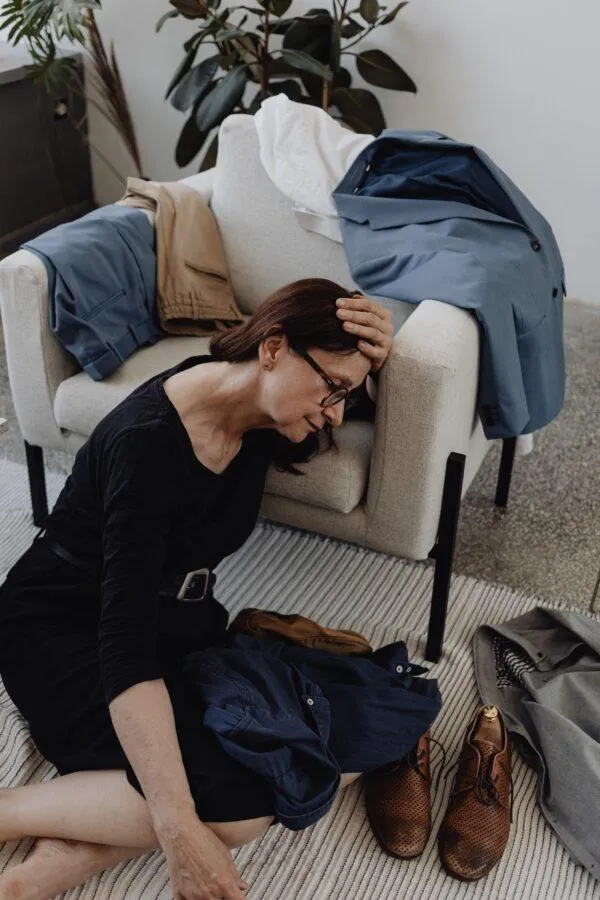
Losing A Loved One in Death
What emotional challenges have occurred with losing a loved one in death? One example is that the surviving spouse may experience loss or a feeling of hopelessness as to how to reshape their identity and move on after the passing of a mate. What other pain can a widow or a widower feel?
Losing a loved one in death can bring about various emotional challenges for a widow or widower. Here are some common pain points they may experience:
Intense Grief: The death of a spouse often leads to profound grief. The surviving spouse may feel a deep sense of sadness, longing, and emptiness. They might mourn not only the loss of their partner but also the dreams, plans, and shared experiences they had together.
Loneliness and Isolation: Losing a spouse can create a profound sense of loneliness. The surviving spouse may miss the companionship, emotional support, and intimacy they shared with their partner. They might also feel isolated as their social circle might change, and they may struggle to find new connections.
Identity Crisis: The passing of a mate can cause a significant shift in the surviving spouse’s identity. They may have been part of a couple for a long time, and now they must navigate life as individuals. This can lead to a sense of loss, confusion, and a need to redefine who they are and what their purpose is.
Financial Worries: The death of a spouse often brings financial challenges, especially if the deceased partner was the primary breadwinner or handled financial matters. The surviving spouse may feel overwhelmed by financial responsibilities and worries about their financial stability.
Fear and Uncertainty: The loss of a spouse can create a sense of fear and uncertainty about the future. The surviving spouse may worry about how they will manage alone, make important decisions, or face new responsibilities. They may also fear losing other loved ones or experience anxiety about their own mortality.
Guilt and Regret: It’s common for widows or widowers to experience feelings of guilt or regret. They might question whether they could have done more or feel remorse for any unresolved conflicts or unfulfilled wishes with their deceased partner. These feelings can complicate the grieving process.
Loss of Identity: Losing a spouse can also result in a loss of identity within social circles or communities. The surviving spouse may feel a sense of displacement or struggle to find their place without their partner. They might also experience a shift in roles and responsibilities that can be challenging to adapt to.
Emotional Triggers and Waves of Grief: Grief is a complex and ongoing process. The surviving spouse may encounter unexpected emotional triggers, such as anniversaries, holidays, or shared memories, which can intensify their grief. They may also experience waves of grief that come and go over time.
It’s important to remember that grief is a highly individual experience, and each person’s journey will be unique. Providing empathy, support, and understanding to widows and widowers can help them navigate these emotional challenges and begin to heal. Encouraging them to seek professional counseling or join support groups can also be beneficial in their grief process.